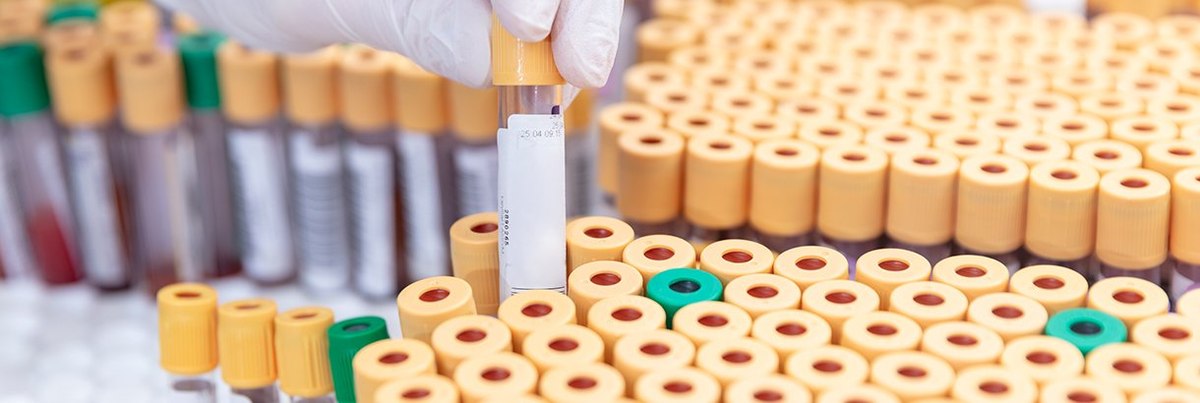In front of a Democrat-led House committee last Friday, Dr. Anthony Fauci—the nation’s top infectious disease expert—testified that he was “cautiously optimistic” about a coronavirus vaccine being available by late fall or early winter.
His hope for a safe and effective vaccine by the end of the year comes as Moderna’s vaccine candidate enters Phase 3 efficacy trials—the stage in which the vaccine is administered to thousands of people to determine if it protects against coronavirus. The Food and Drug Administration (FDA) said in a statement in June it would only approve a COVID-19 vaccine if it “would prevent disease or decrease its severity in at least 50% of people who are vaccinated.” New drugs undergoing Phase 3 trials typically take 1 to 4 years to study but given the US — as is with most of the world — still struggles to contain coronavirus, a COVID-19 vaccine is being fast-tracked through clinical trials.
By 69 percent to 24 percent, most Americans are concerned about a fast-tracked coronavirus vaccine. This concern appears to be nonpartisan, according to a Yahoo News/YouGov survey conducted July 28-30, 2020. Most Democrats, Independents, and Republicans say they are concerned about the safety of a vaccine being fast-tracked through the approval process.
The data also shows how people’s trust in the Centers for Disease Control and Prevention (CDC) and other health authorities plays into the severity of their concern. Overall, 44 percent of Americans say they trust the CDC and other public health authorities to judge the risks of the vaccines and 29 percent say they do not trust them. Of those who trust the public health authorities to judge the vaccines, most are still concerned about the safety of a fast-tracked vaccine (61%). Among those who do not trust these health authorities, that level of concern soars to 81 percent.
Who is willing to get vaccinated — and under what conditions?
If and when a coronavirus vaccine becomes available, roughly two in five Americans say they are willing to get vaccinated (41%). Nearly a quarter of Americans (27%) say they will not get vaccinated, with virtually as many unsure (32%) of what they will do. Independents (34%) and Republicans (37%) are divided on whether they will be vaccinated or not while Democrats express a higher willingness to get vaccinated (55%).
Intention to take a vaccine falls when Americans are asked whether they would take it under certain plausible conditions. Willingness to take the vaccine appears to be affected most if the vaccine causes side effects or has a low efficacy rate. Americans are closely divided regarding factors such as having to receive multiple doses of the vaccine or if there are long wait times to get vaccinated.
Democrats are firm in their willingness to be vaccinated, regardless of the potential conditions tied to a vaccine. But Independents and Republicans are more likely to say they will not get vaccinated if any of the conditions present themselves alongside a vaccine — including multiple doses or long wait times.
See the full toplines and crosstabs from this week’s Yahoo News/YouGov poll
Methodology: The Yahoo! News survey was conducted by YouGov using a nationally representative sample of 1,506 U.S. adult residents interviewed online between July 28-30, 2020. This sample was weighted according to gender, age, race, and education based on the American Community Survey, conducted by the U.S. Bureau of the Census, as well as 2016 Presidential vote, registration status, geographic region, and news interest. The margin of error for the entire sample is ±3.3%.
Image: Getty












